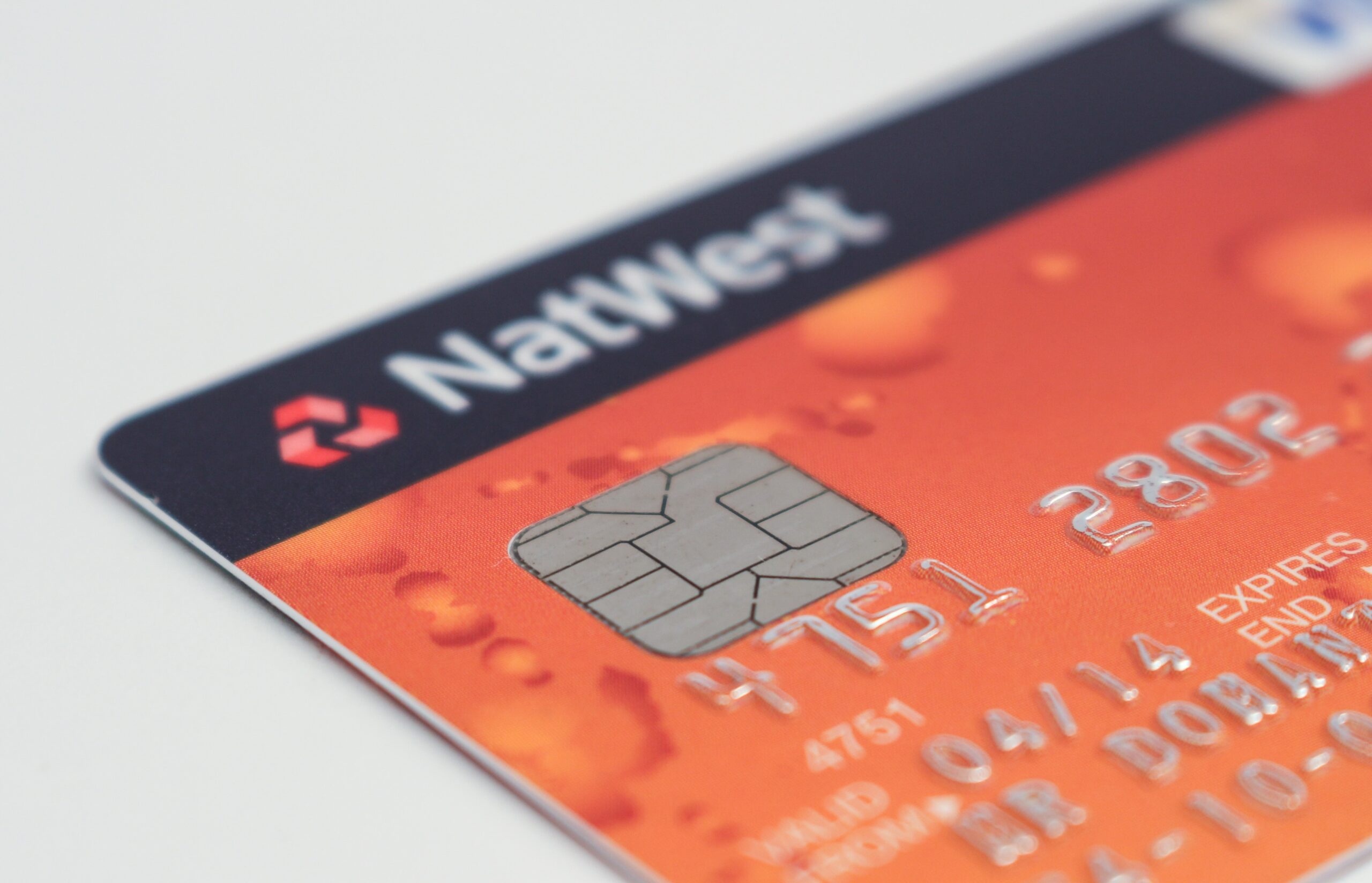Whether you wish to buy a car, house, mobile phone, or go on a dreamy vacation, credit cards appear to be an essential financial tool to enable the same. However, getting habituated to using credit cards without knowing factors like billing cycle, transaction process, credit limit, etc., can set you back by hundreds or even thousands of dollars. So, avoiding these seven credit card mistakes can keep your financial health out of the woods.
- Paying minimum bill
While this strategy may seem tempting but, carrying credit card debt is not good for the credit score. Failing to pay the balance adds interest, leading to a much larger debt. This can further put a serious dent in the credit score. Hence, it is recommended to cut back on expenses and pay the entire bill amount to avoid piling interest.
- Exceed the credit limit
This is one of the most common credit mistakes made by people. Try to avoid using the credit card limit to the maximum or, worse, exceeding the limit. A credit card that has exceeded or used its limit to the maximum does not look good on a credit report. If the credit card is charged dangerously high, try to avoid using it for some time and pay cash instead.
- Being late
Late payments can incur late fee penalties — the amount of penalty increases with time. For instance, if an APR of a credit card is 13%, the late payment may increase the APR up to 25%, putting an additional burden on finances. Financial experts suggest enabling automatic payments if the bank offers this facility.
- Not checking statements carefully
It is essential to read credit card statements thoroughly to spot any inconsistencies immediately and resolve them. It helps in keeping track of the interest and any other unknown charges that are levied. The credit card statement also gives important information about card dues, limits, charges, bonus features, and important dates, which can help manage monthly finances accordingly.
- Ignoring the fine print
Some credit card users sign up for a new credit card without reading the fine print. If a credit card company offers a zero-interest, there can be other charges and other hidden clauses. Information like introductory rates, offer limitations, and balance transfer, among others, will be mentioned in the fine print.
- No research
It is essential to consult the issuer or a financial expert before buying one. Read multiple reviews on the internet and shortlist the credit cards that best suit your finances. Buying a credit card without research may lead to higher interest rates and lower credit limits.
- Too many cards
Too many credit cards could reduce the credit score. A potential debtor usually analyzes the debt to income ratio. If this ratio does not meet their requirement, they might not offer a new loan or offer one with higher interest rates. If the balances and debts accumulate on all credit cards, it could indicate a severe financial crisis. Hence it is vital to pay off the cards with maximum debt or reduce the usage of multiple cards.
- Withdrawing cash with a credit card
Cash advance fees could go up to 3.5% of the withdrawn amount, and finance charges are as high as 49.36% per annum. It is necessary to replace the amount withdrawn as soon as possible to avoid these costs.

